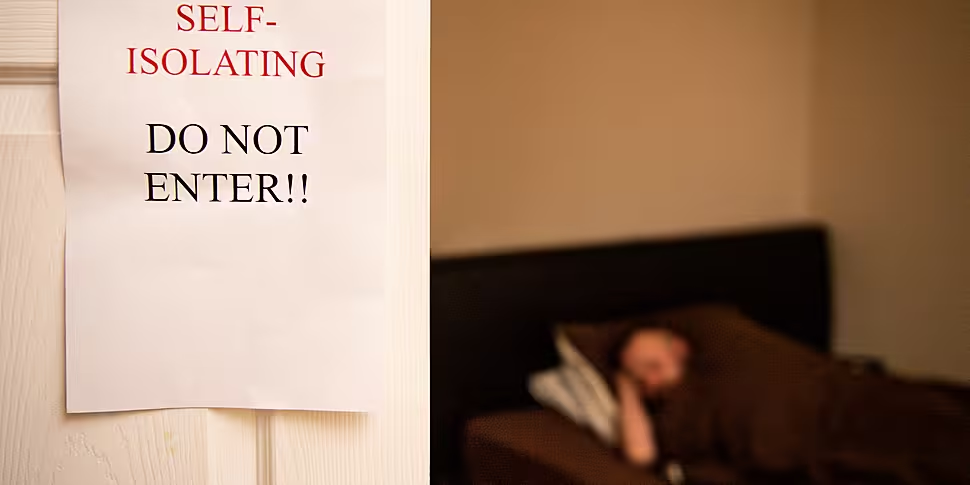The World Health Organisation (WHO) has said people asked to self-isolate due to risk of coronavirus should be paid for doing so.
Dr David Nabarro, WHO special envoy on COVID-19, said people cannot be expected to isolate properly if they are not compensated for it
He told Pat Kenny this is particularly true for lower-income workers.
"I think what we're learning is that isolation has to be complete and the compliance has to be really strong.
"One part that's been a bit of a problem all over Europe has been that if you're asking people to islate, you've got to compensate them for their earnings that they've lost.
"It's no good asking people who are earning €400 a week in a labouring job to then go into isolation and live on sick pay of €95, or some similar difference.
"[You've] got to compensate people properly, and I've been quite impressed by countries like Singapore that have taken this compensation of isolated people very, very seriously".
"Similarly I saw that in parts of India: the slums in India, where they succeeded on getting on top of the disease, were ones where they really compensated properly".
"You can't expect people to isolate if you don't actually make up their earnings loss.
"And it particularly applies to people on daily wages, or people who are on income that's not done through a paycheck."
"You have to cover the costs, otherwise they will not isolate".
Virus 'plateauing' globally
And Dr Nabarro said he is hopeful that the virus will be kept 'at bay' until vaccines catch up.
"I've been very impressed that more and more countries have realised that if you're going to isolate it's got to be done properly, if you're going to test it's got to be done in a way that helps you work out where the virus is".
He said overall, the global picture is "plateauing", but cautioned that people are struggling with prolonged lockdowns.
"It's knife-edge, and especially with the new variants coming into our countries in different parts of the world - it means that people are struggling".
"The numbers of cases each week.... [are] about the same level week-on-week, with a bit of a reduction in Europe, but it's really, really a knife-edge situation.
"And I'm hopeful that we can continue to hold it at bay until the vaccine picks up".
People are being asked to self-isolate if they have symptoms of COVID-19, are waiting for a test appointment and results, or if they have had a positive test result for COVID-19 - even if they have no symptoms.
The Government also recently introduced new restrictions on people coming here from Great Britain, South Africa or Brazil.
While those who are a close contact of someone who arrived in Ireland from Brazil or South Africa, who tested positive for COVID-19, should also self-isolate.
While people in parts of England have been paid to quarantine since last August.
The scheme was targeted at workers on lower incomes, who cannot work from home.
They were able to claim up to stg£182 (€203) if they had to self-isolate.









